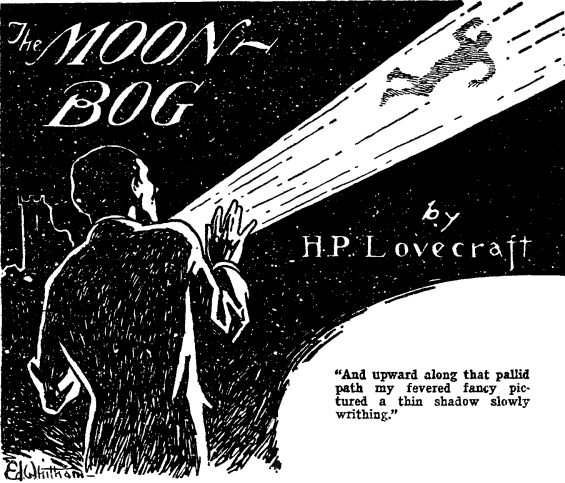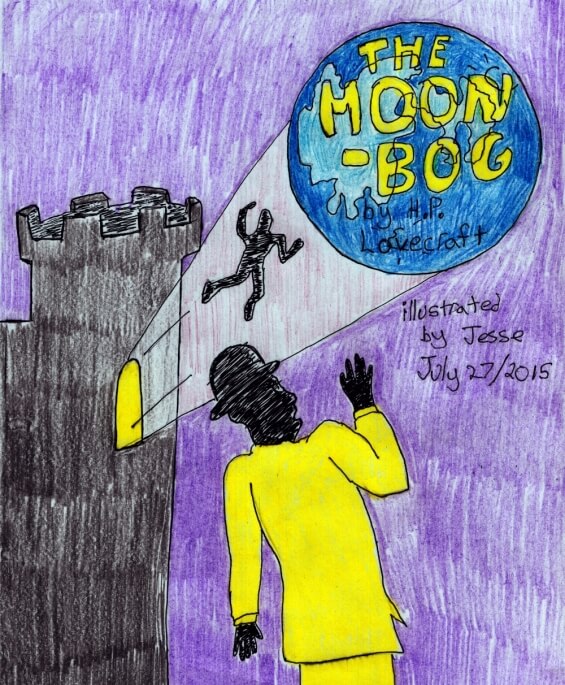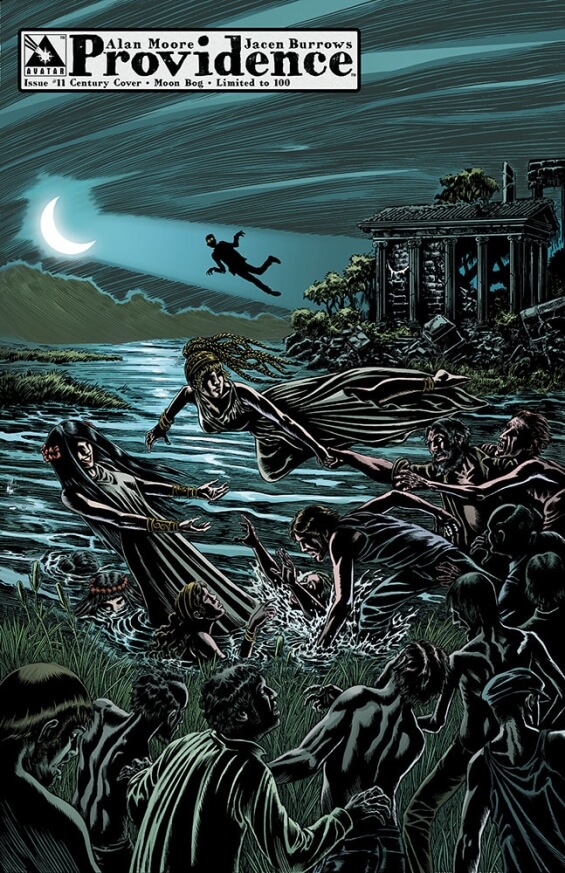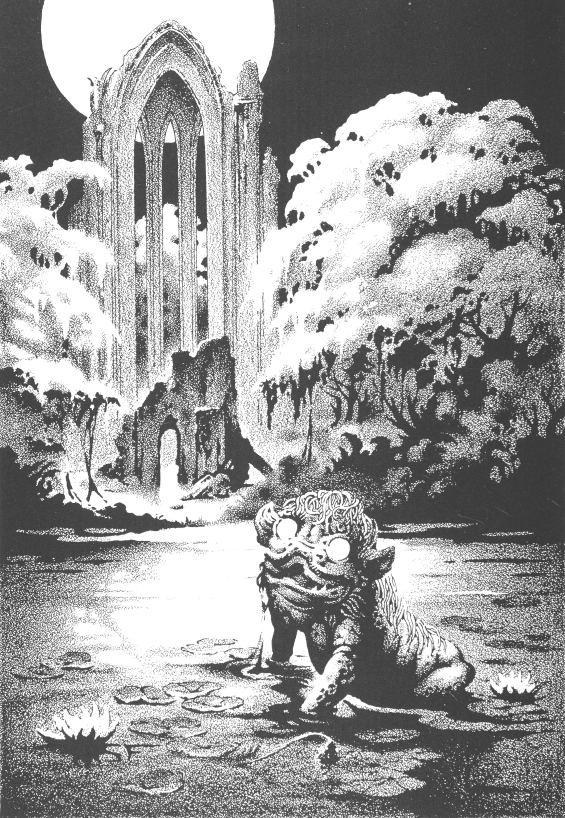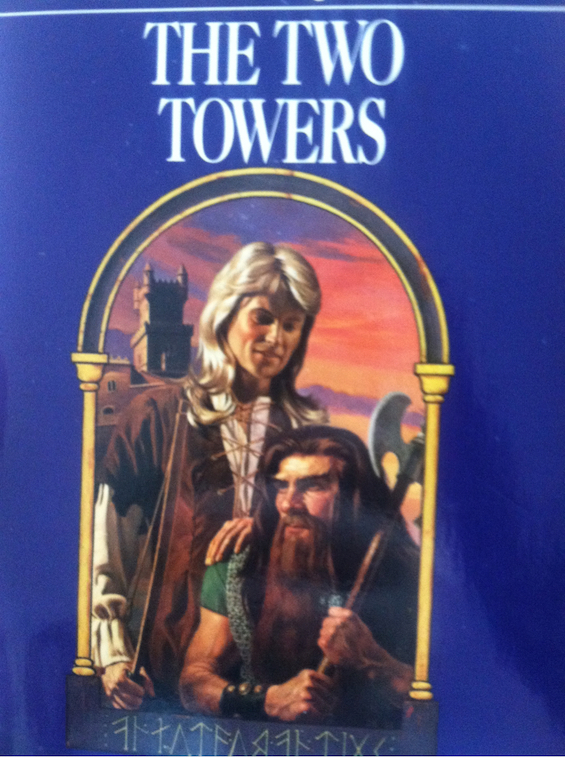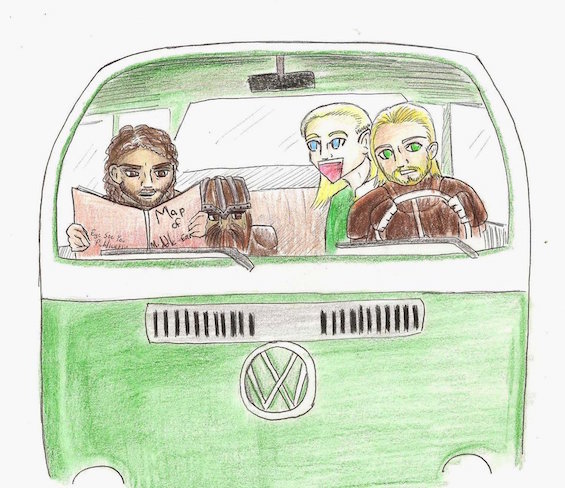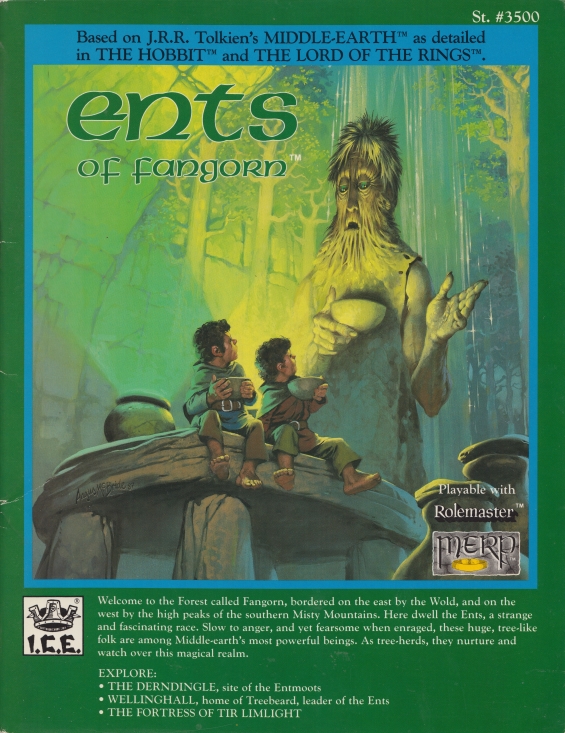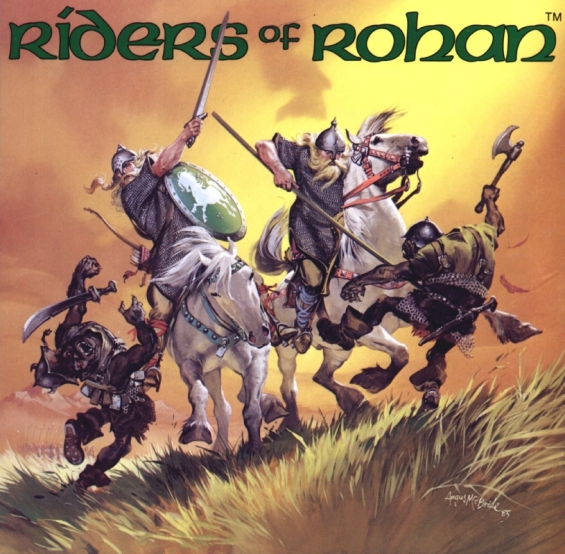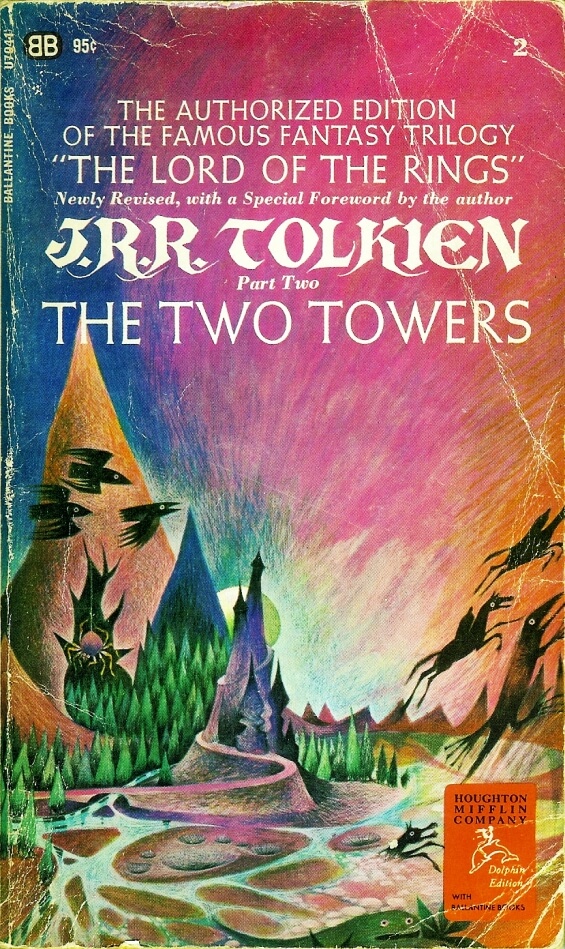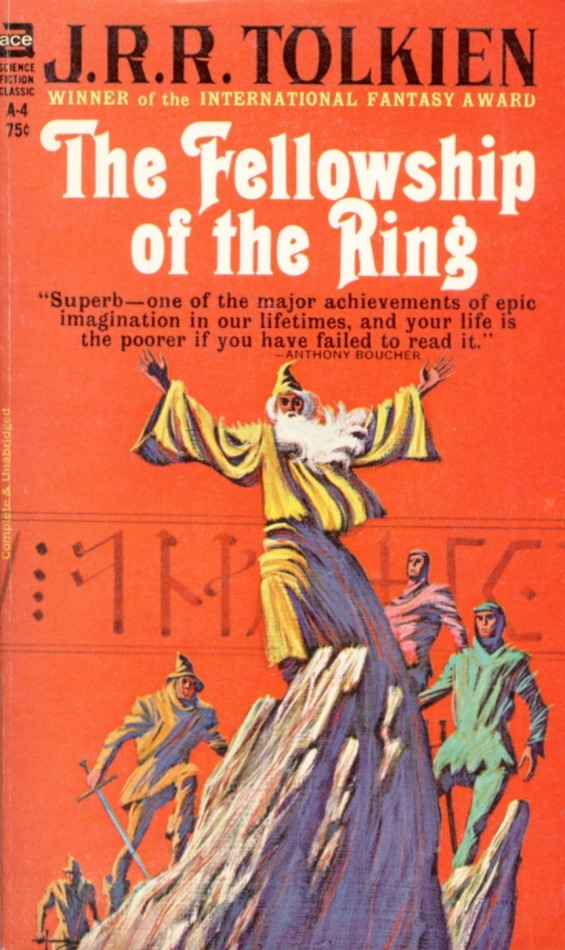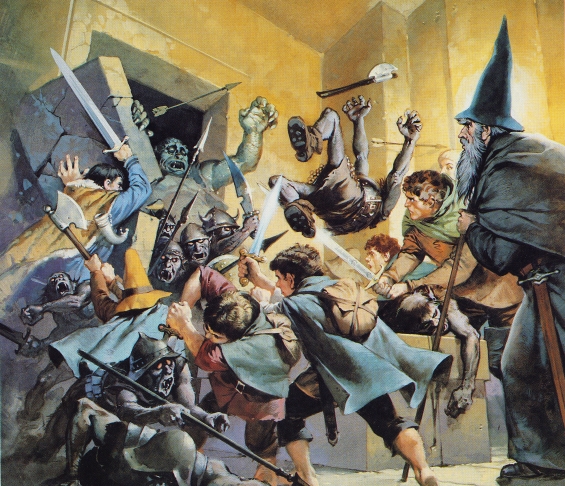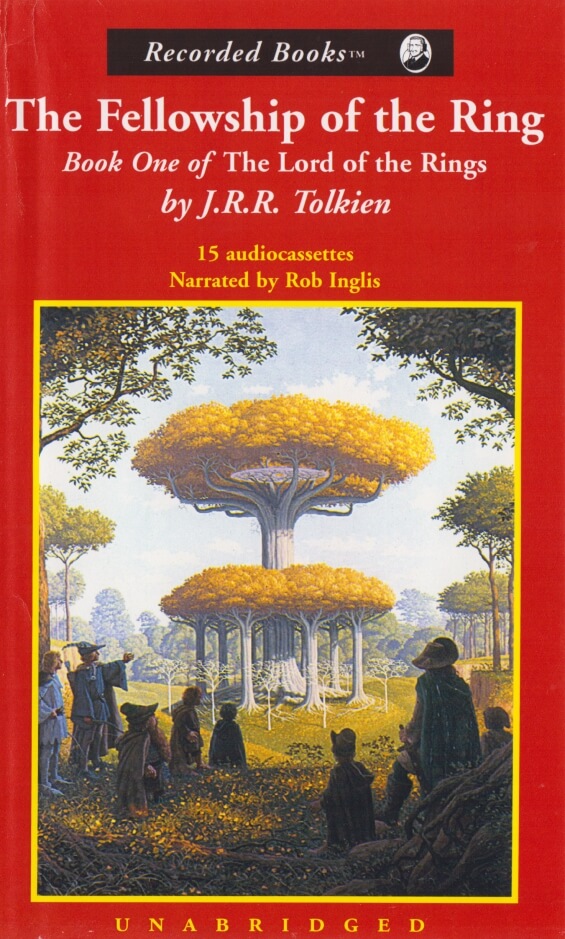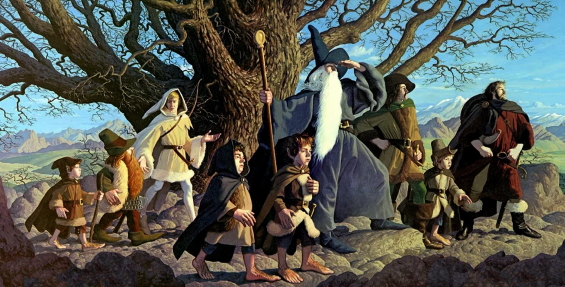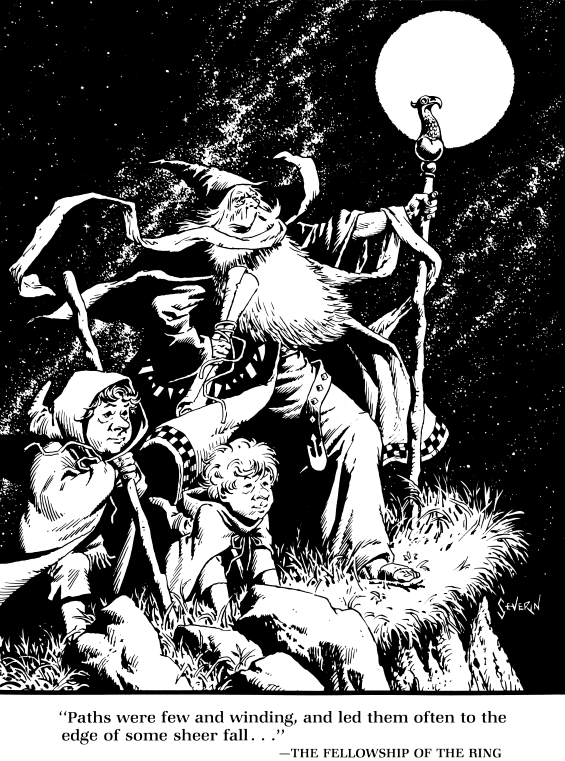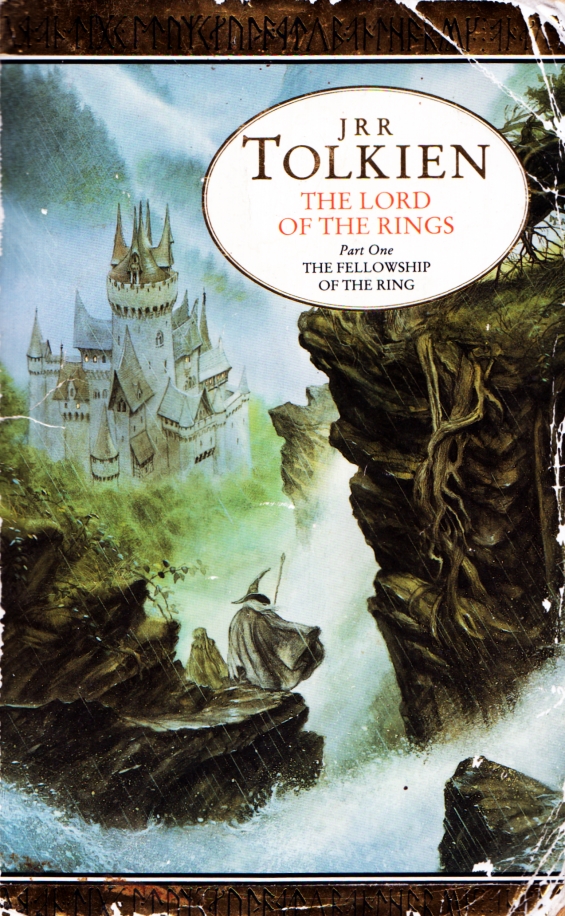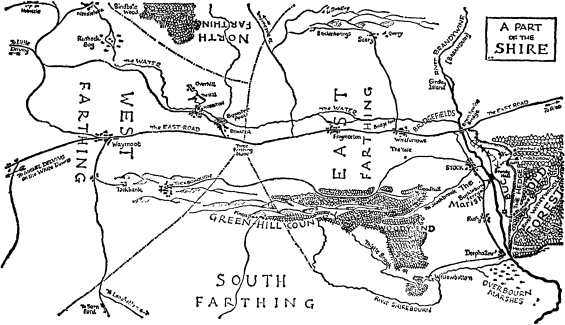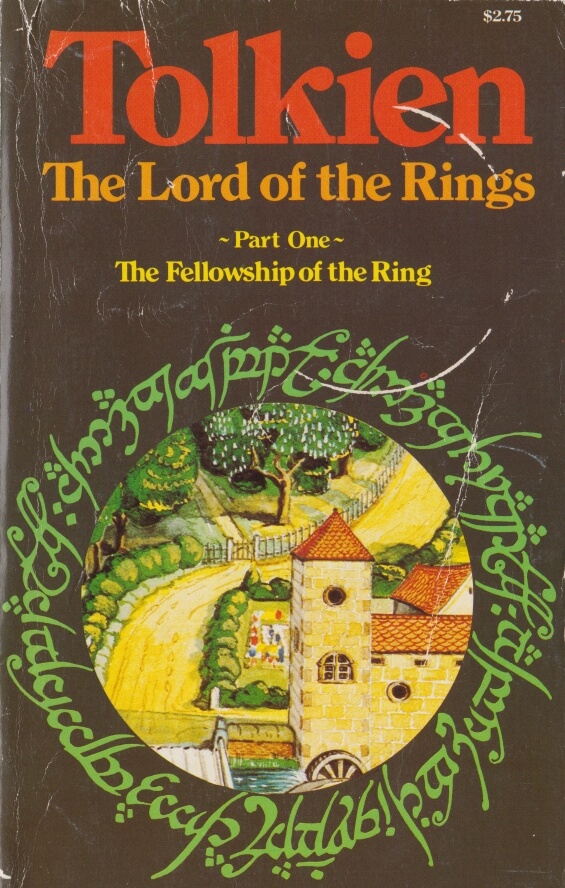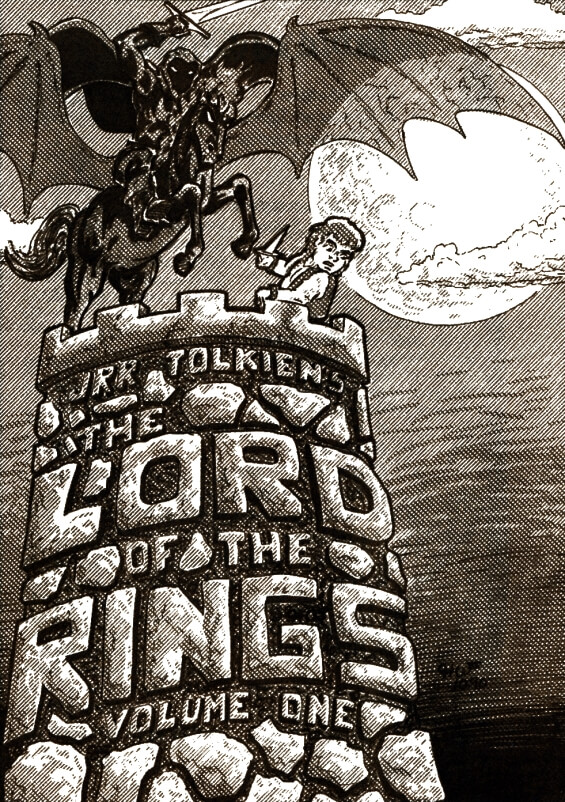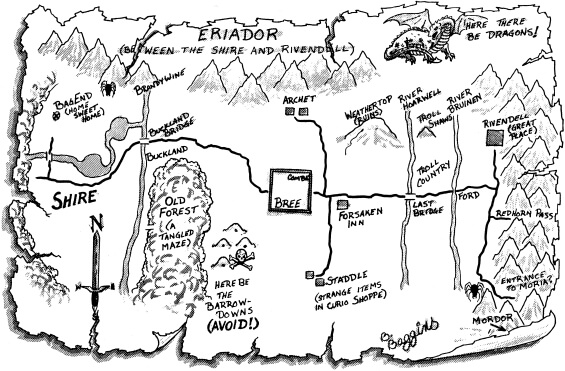
 The SFFaudio Podcast #328 – The White Ship by H.P. Lovecraft; read by Mr Jim Moon. This is an unabridged reading of the story (1 hour 23 minutes) followed by a discussion of it. Participants in the discussion include Jesse, Seth, and Mr Jim Moon.
The SFFaudio Podcast #328 – The White Ship by H.P. Lovecraft; read by Mr Jim Moon. This is an unabridged reading of the story (1 hour 23 minutes) followed by a discussion of it. Participants in the discussion include Jesse, Seth, and Mr Jim Moon.
Talked about on today’s show:
a Science Fiction, Horror, or Fantasy story?, hard to classify, Idle Days On The Yann by Lord Dunsany, wistful elements, The Rime Of The Ancient Mariner, a spiritual or psychological analog, a long prose poem, describing lands that never were, a lovely little tale, narrative isn’t exactly the point, the bird, the bird as an eidolon of the ship, the eidolon Lathi, Jason Thompson‘s comic adaptation of The White Ship, the ghost ship, why is the bird blue?, over the cataract, falls as if it wasn’t going to, the world ending, a description of Cathuria, aloe and sandalwood, an imagined land, dreaming Cathuria into existence, the sacred river Narg, Kublai Khan, a dream snatched away and smashed, Samuel Taylor Coleridge and Edgar Allan Poe, Dream-Land by Edgar Allan Poe,
By a route obscure and lonely,
Haunted by ill angels only,
Where an Eidolon, named NIGHT,
On a black throne reigns upright,
I have reached these lands but newly
From an ultimate dim Thule—
From a wild weird clime that lieth, sublime,
Out of SPACE—Out of TIME.
Lathi and Thalarion, Celephais, The Dream Quest Of Unknown Kadath, an old dreamer and lighthouse keeper of Kingsport town, fewer and fewer ships, a great delusional fugue state, a white spar and a blue bird, Polaris, a watchman in a watchtower, a beautiful symmetry, structural similarity, a beautiful dead woman, Eleonora, Ligeia, Morella, un-whimsical, Hypnos, the bearded mentors, astral projected journey, going to far, moon-beams, The Moon-Bog, a bridge of moon-beams, big ancient cities, civilization, you can’t have books without cities, lore x 3, he was given many books in his youth, when he was young and filled with wonder, Thanatos the Greek god of death, the throne of Azathoth, a dream of falling, the sin, Randolph Carter is seeking in the dreamlands, where the gods dwell, the gods have conquered, the person from Porlock, Jeff Vandermeer’s dream, William Hope Hodgson, fungal growths,
Then came we to a pleasant coast gay with blossoms of every hue, where as far inland as we could see basked lovely groves and radiant arbours beneath a meridian sun. From bowers beyond our view came bursts of song and snatches of lyric harmony, interspersed with faint laughter so delicious that I urged the rowers onward in my eagerness to reach the scene. And the bearded man spoke no word, but watched me as we approached the lily-lined shore. Suddenly a wind blowing from over the flowery meadows and leafy woods brought a scent at which I trembled. The wind grew stronger, and the air was filled with the lethal, charnel odour of plague-stricken towns and uncovered cemeteries. And as we sailed madly away from that damnable coast the bearded man spoke at last, saying: “This is Xura, the Land of Pleasures Unattained.”
The Valley Of Unrest by Edgar Allan Poe,
Once it smiled a silent dell
Where the people did not dwell;
They had gone unto the wars,
Trusting to the mild-eyed stars,
Nightly, from their azure towers,
To keep watch above the flowers,
In the midst of which all day
The red sun-light lazily lay.
Now each visitor shall confess
The sad valley’s restlessness.
Nothing there is motionless—
Nothing save the airs that brood
Over the magic solitude.
Ah, by no wind are stirred those trees
That palpitate like the chill seas
Around the misty Hebrides!
Ah, by no wind those clouds are driven
That rustle through the unquiet Heaven
Uneasily, from morn till even,
Over the violets there that lie
In myriad types of the human eye—
Over the lilies there that wave
And weep above a nameless grave!
They wave:—from out their fragrant tops
External dews come down in drops.
They weep:—from off their delicate stems
Perennial tears descend in gems.
what the heck does that mean?, nameless things that feast upon the corpses of men, a large layer of death, allegorical symbolism, the platonic forms,
“On the green and flowery mountains of Cathuria stand temples of pink marble, rich with carven and painted glories, and having in their courtyards cool fountains of silver, where purl with ravishing music the scented waters that come from the grotto-born river Narg.”
what good writing!, Fungi From Yuggoth XVIII: Gardens Of Yin
Beyond that wall, whose ancient masonry
Reached almost to the sky in moss-thick towers,
There would be terraced gardens, rich with flowers,
And flutter of bird and butterfly and bee.
There would be walks, and bridges arching over
Warm lotos-pools reflecting temple eaves,
And cherry-trees with delicate boughs and leaves
Against a pink sky where the herons hover.All would be there, for had not old dreams flung
Open the gate to that stone-lanterned maze
Where drowsy streams spin out their winding ways,
Trailed by green vines from bending branches hung?
I hurried—but when the wall rose, grim and great,
I found there was no longer any gate.
verse for birthday cards, The Haunted Lake, Christmas poems, a concordance of themes, all the shades of Lovecraft, The Picture In The House, The Bells, The Shadow Over Innsmouth, the discover of sanity blasting horrors, ebbs and flows, soul and sanity loss, cosmic transcendence, drawing what we see,
“For the aeons that I dwelt there I wandered blissfully through gardens where quaint pagodas peep from pleasing clumps of bushes, and where the white walks are bordered with delicate blossoms.”
Basil Elton’s sin, distant whispers, really?, better than Sona-Nyl?, “Dude you’ve always lived alone!”, a sea-faring Tyler Durduen, a Coleridgian-Obi-Wan Kenobi, a big eastern theme, fantastical oriental places, like Narnia, Arabia mythologized, a marked contrast, Lovecraft as a homebody in the center of a great American port, like living in Atlanta and never getting on an airplane, Citizen Of The Galaxy by Robert A. Heinlein, wherever you go, there you are, an interesting visualization, Celephais, writing down dreams, a penniless tramp, travels tell me, King Kuranes, his spirit lives on in the dreamlands, scented monsters, the basalt pillars of the west, Jason And The Argonauts, the Pillars of Hercules, Gibraltar, DC Comics, Thalarion and Themyscira, The H.P. Lovecrafts‘ song The White Ship, late-sixties hippies and beatniks, wow these are AMAZING!, J.R.R. Tolkien.
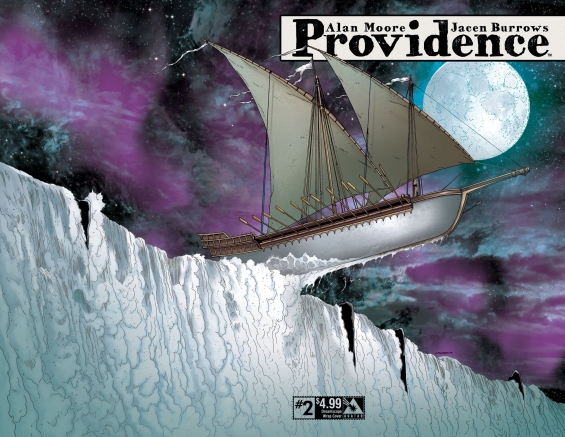
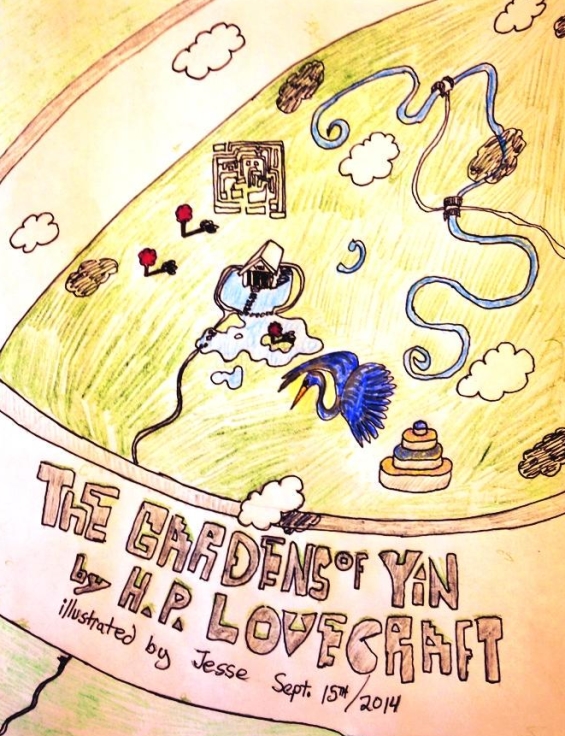
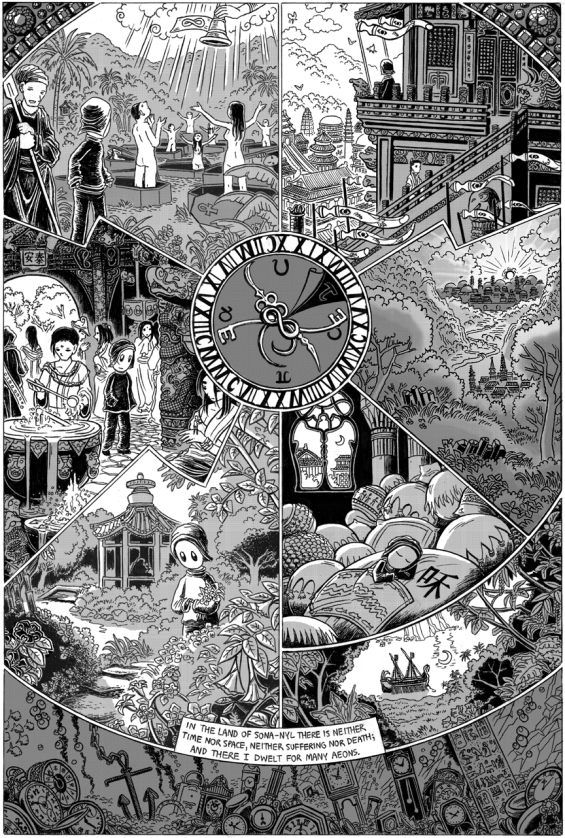
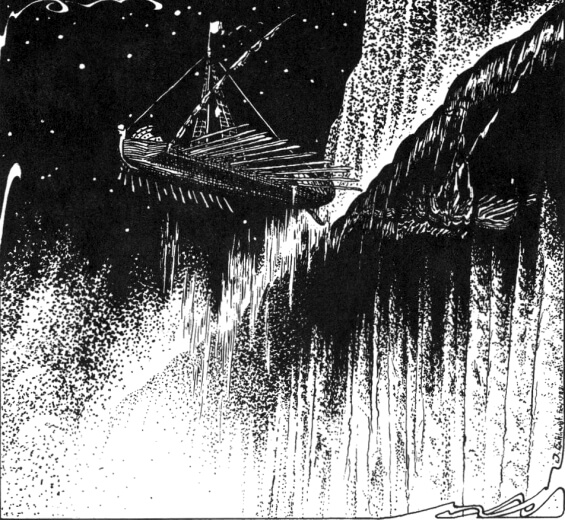
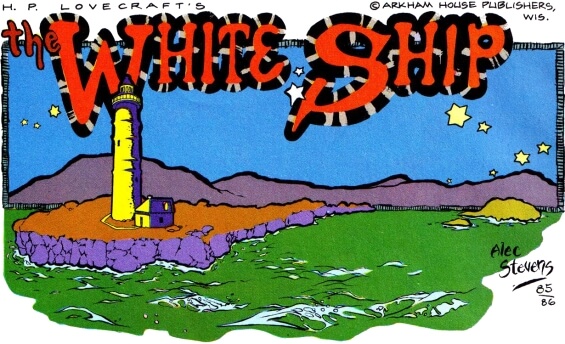

Posted by Jesse Willis
